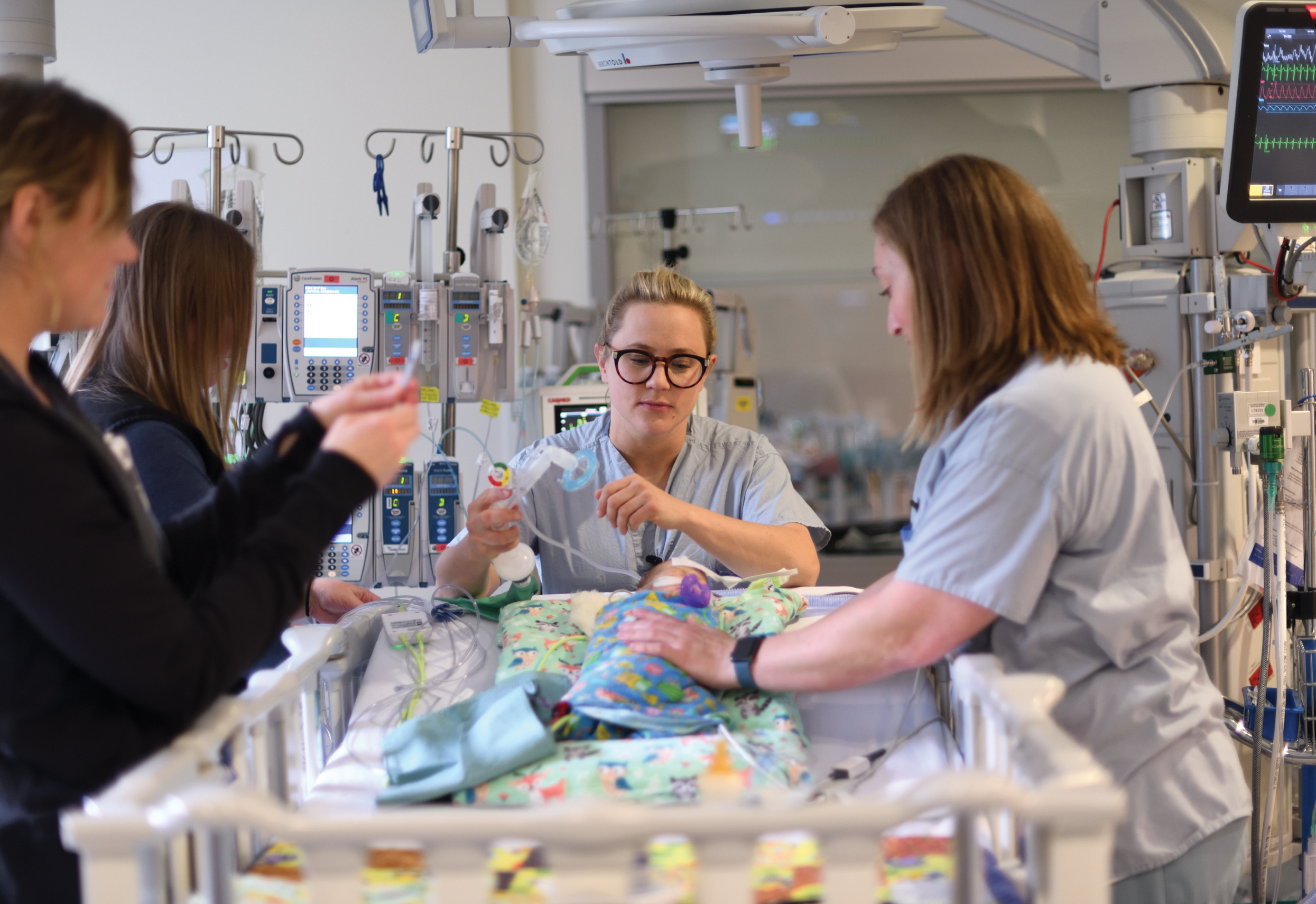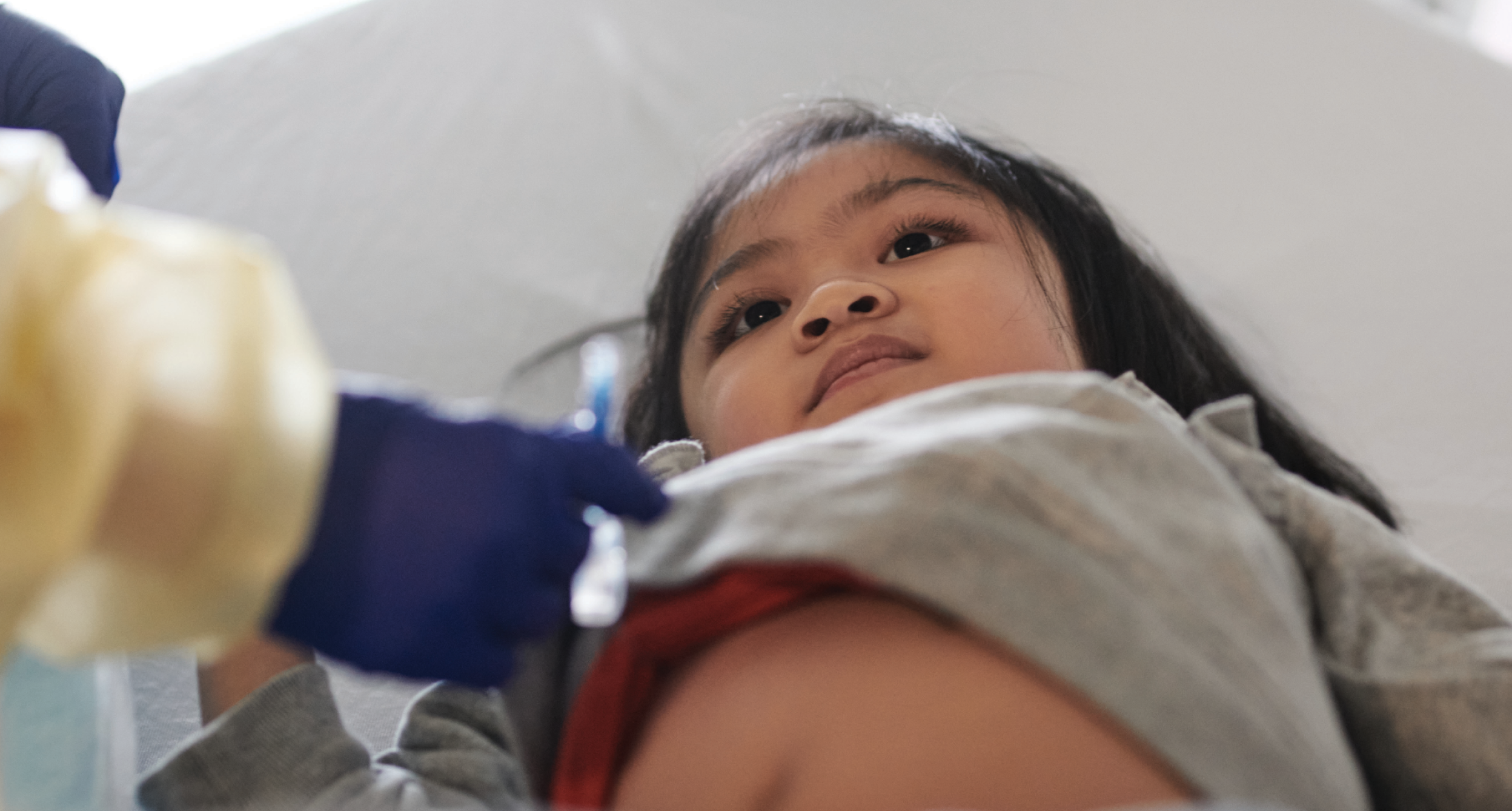Tackling pain: The Body’s 5th Vital Sign

Whether it’s the sharp sting of a needle, acute discomfort that follows surgery or the persistent aches of chronic migraines, pain is a common experience for many children who visit the hospital.
Although most pain can be reduced or even prevented entirely, assessing pain in kids is highly challenging for several reasons. For one, babies and children with developmental differences may be unable to express discomfort. Pain is also a personal experience that often can’t be observed, making it even more difficult to measure. And finally, it’s highly subjective—what hurts for one child may be experienced differently by another child.
A LASTING IMPRINT
For pain to be acknowledged, addressed and treated in kids, it must be understood. Yet, this hasn’t always been the case. Only decades ago, it was believed in some places around the world that a newborn’s nervous system wasn’t mature enough to feel pain. As a result, infants underwent invasive procedures, like open-heart surgery, with little or no anesthesia.
The collective understanding has come a long way since then. It’s now recognized that even the youngest patients experience pain just as intensely as adults, and its repercussions can reverberate throughout their lives. Unaddressed pain can impact a child’s physical, social and emotional well-being—altering the wiring of the brain, heightening their sensitivity to future pain and leading to an increased risk of mental health issues like anxiety and depression

PIONEERS IN PAIN CARE
Recognizing the crucial role of these early experiences, BC Children’s Hospital has made it a top priority to understand pain and ensure every child is as comfortable as possible. Pain is even viewed as the fifth vital sign across the hospital’s campus, as a measure of health status that’s equal in importance to a child’s blood pressure, temperature, pulse rate and heart rate.
Last year, BC Children’s was recognized in a big way for these efforts. It became one of only 15 children’s hospitals worldwide to receive ChildKind certification that recognizes excellence in pediatric pain care—an achievement supported and sustained by the efforts of the PainCare 360 team, as well as many dedicated health care professionals, staff and a community of donors.
Over the past few months, health care professionals have been working tirelessly to push the boundaries of pain care even further. Surgeons are harnessing world-leading techniques to minimize discomfort, such as using cold temperatures to temporarily freeze the nerves that transmit pain signals to the brain. Researchers are pursuing clinical trials to explore alternative treatments for chronic headaches. And talented clinicians are turning to innovative techniques, including virtual reality and medical hypnosis, to alleviate anxiety and fear that contributes to the pain experience.
A BETTER FUTURE
To many, pain may seem like a small yet fleeting discomfort in kids. But with the potential to shape the trajectory of their entire lives, its impact is massive. By transforming a child’s earliest experiences and optimizing their comfort, experts are making a real difference in addressing and preventing long-term chronic pain and mental health conditions that hold too many of today’s kids back from reaching their full potential.

